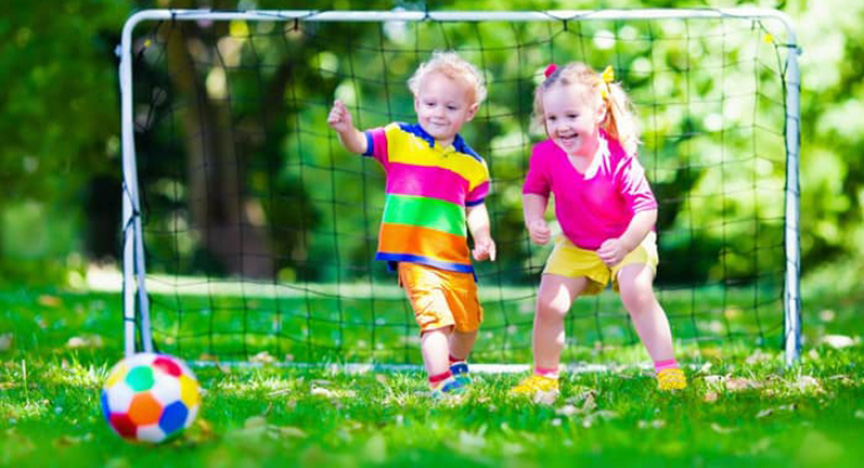
Regular exercise plays an important role in your child’s wellbeing and development. Physical activity improves physical health, mood, emotional wellbeing, brain function, stress levels, self-esteem and sleep quality. In turn, these benefits help prevent depression and anxiety, not only in childhood, but as children progress to young adults. Regular exercise can also be used as a therapeutic tool in children and young people with existing depression and anxiety conditions to decrease their symptoms and improve their quality of life. Here’s why:
It’s a natural mood booster
Exercise stimulates naturally occurring chemicals in the body which elevate our mood, reduce feelings of anxiety and just make us feel good. These are the same chemicals that are targeted by common medications used to treat depression and anxiety in children. This is why we use the phrase “exercise is medicine”. The ways in which these chemicals work is complex, but you don’t need to understand how they work to ensure your child is reaping the benefits.
Simply make a note of your child’s mood and/or anxiety levels before they engage in a session of exercise and compare this to how they are feeling after they have finished their activity. This is much the same as when you would monitor if a new medication was producing positive effects. The key here is to find the right dose of exercise. For example, your child may feel much better after more intense physical activity such as playing tiggy or chasing a ball around for 10 minutes, when compared to a less intense 15-minute walk.
It provides a distraction from negative thoughts
Physical activity will help distract your child from their negative thoughts. The distraction that exercise provides (rather than the physical exercise itself) reduces depressive symptoms and feelings of anxiety. For example, when your child is engaged in a fun activity, they are distracted from their thoughts of sadness, hopelessness, worry and guilt.
It helps creates social connections
Children with depression and anxiety can experience feelings of loneliness and social isolation. Engaging in exercise with other children can help your child to be more socially connected with their peers. This doesn’t mean your child has to play a team sport. If your child has difficulty making friends, try visiting the local playground during peak times rather than them playing in the backyard by themselves. Simply by being around others, while engaging in the same activity, can reap rewards.
It can improve self-esteem
Depression and anxiety in children is linked to low self-esteem, which means it impacts their sense of self-worth. Regular exercise can boost your child’s self-esteem, as long as you are careful to ensure they aren’t put into a situation where they compare themselves to other children. It shouldn’t matter whether your child is the sports star, exercise is about learning a new skill, such as learning how to catch, throw, kick and hit a ball correctly. Give your child the maximum opportunity to experience their body in a positive way and focus on what they can do – not what they can’t.